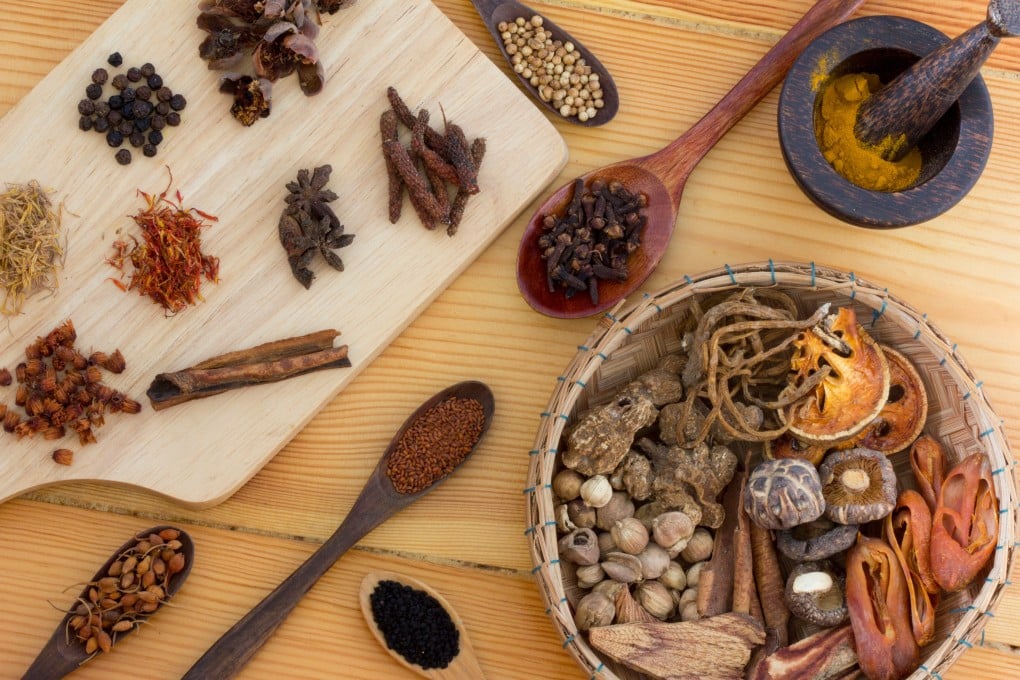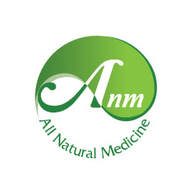
Chinese medicine encompasses various practices, including herbal medicine, acupuncture, Tuina (Chinese therapeutic massage), cupping, and moxibustion. Due to its complexity, fewer practitioners are adept at herbal medicine in the United States.
Chinese herbal medicine approaches disease treatment differently from conventional medicine. It aims to restore the function of damaged tissues or targets specific receptors to alleviate symptoms, while often leaving the damaged tissues unchanged.
Chinese herbal medicine is based on the same principles as acupuncture, aligning with conventional medical theory but utilizing a different terminology. In clinical practice, herbal medicine adheres to the theory of Yin and Yang balance. In this context, Yin represents visible substances such as organs, tissues, and cells, while Yang refers to the invisible functions of these organs.
When an organ is damaged due to infection, non-infection, or injury, the goal of herbal treatment is to restore the damaged tissue (Yin) and normalize its function (Yang). This restoration can be achieved through the use of biochemical compounds found in herbal medicine.
Herbal medicine does not directly eliminate external antigens such as viruses, bacteria, and germs. Instead, it stimulates the immune system to engulf these pathogens. This is why treating infectious diseases with herbal medicine doesn’t require a detailed analysis of the antigen’s structure but rather a general reference to it.
It’s important to manage the immune system without suppressing it, especially when dealing with autoimmune diseases. Unlike conventional medicine, which directly targets and kills cancer cells, herbal medicine supports the immune system in identifying and engulfing these mutated cells. In Chinese medicine, practitioners focus on the immune system’s ability to recognize antigens that differ from the body’s own tissues, including mutated, cancerous, and inflamed cells, without needing to analyze the structure of cancer itself. Our bodies possess more innate wisdom than we realize. Through our treatment approach, we can help the body reverse damaged tissues and facilitate the healing process.
Chinese herbal medicine serves as nourishment for the body, providing essential nutrients. However, administering unnecessary herbs can lead to side effects. For instance, if you have inflammation potentially caused by cancer, it’s important to avoid using Ren Sheng. This herb can worsen inflammation because cancer cells communicate with the immune system.
In a clinical setting, Chinese medicine, acupuncture, and herbal treatments work together to help patients recover more quickly.
To learn more about how Chinese medicine treats diseases in the clinic, visit www.anmedicine.thinkific.com. You can discover how traditional Chinese medicine can address ailments even if advanced medical treatments have failed.
